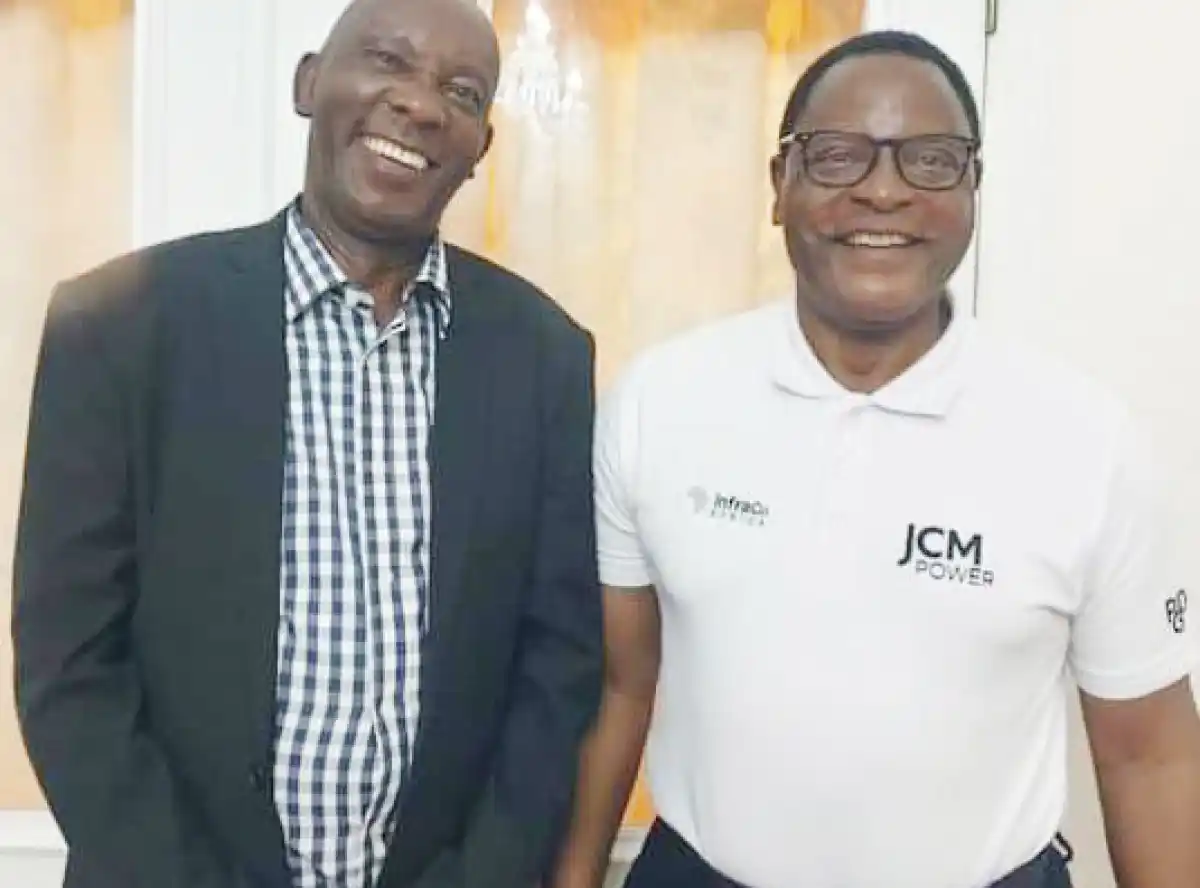

Veteran writer and journalist Willie Zingani is gone, but his legacy will live on.
The writer, who hailed from Mayala Village in Ntchisi District, was laid to rest at Area 18 Cemetery in Lilongwe last week with scores of people attending his burial.
University of Malawi Vice Chancellor Sunduzwayo Madise in his tribute upon hearing of Zingani’s death, described him as a prolific writer who traversed all the writing genres —plays, short stories, columns, biographies and books.
“A literary giant but a very humble man, a jovial man. He did not talk a lot but every time he did, wisdom poured from his mouth,” Madise said.
He said Zingani is among the last of his generation, the golden generation of writers, the generation that grew up without the internet and a generation that produced and wrote stories using just their head and typewriter.
Social media influencer and writer Stanley Onjezani Kenani said he developed an interest in becoming a writer after reading the brilliant works by Zingani and Jolly Max Ntaba Sr.
“I particularly loved Willie Zingani’s novels Ndaziona Ine, Madzi Akatayika and Njala Bwana,” Kenani said.
Veteran poet Benedicto Wokomaatani Malunga stitched a tribute piece for Zingani describing him as a pen warrior, whom the pen was the mighty sword.
He writes in his poem titled ‘Pen Warrior’, that Zingani was a fine writer, whose novellas were turned into powerful theatre performances by Kwathu Drama Group.
Malunga spoke volumes of Zingani saying he occupied honourable space in Akoma Akagonera and that through his pen, he was keen to expose the brutal truth no matter how unpalatable it was.
He said Zingani was willing to suffer for the truth, that he was courageous in the face of adversity as he hankered for liberty before the dawn of multiparty in Malawi.
Zingani told The Daily Times in one of the interviews that his writing gift was inborn and that he came from a writing generation. He revealed in that interview that Professor David Rubadiri, one of Malawi’s literary giants, was his uncle.
“Professor David Rubadiri was my mother’s cousin (Mrs Rhoda Zingani). That is why those who attended his funeral in Mzuzu in September 2018 saw me speaking on behalf of the bereaved family,” he said.
Zingani said he learned a lot from Professor Rubadiri as regards writing.
“I learned from him on writing. One of them is simplicity. His first novel The Bride Price was written in simple English that even a senior primary school learner could read without having to refer to dictionaries,” he said.
Zingani further said some literary analysts said his writing must have been inherited from him especially his approach to poetry.
“I was a grown-up when Professor Rubadiri returned from exile and yet he taught me that writing was serious business that required a lot of reading and time discipline,” he said.
But for Zingani, what was it growing up and what forms of storytelling was he exposed to?
“My father Maxwell Yoab Zingani started his career as a primary school teacher. By the time I turned 11 years old, he resigned and joined the Anglican Diocese of Malawi at its headquarters at Chilema in Zomba District as Diocesan Literature Secretary,” he said.

Zingani told The Daily Times that he used to steal his father’s portable typewriter each time he went away and taught himself typing using two fingers.
“My mother was a very good storyteller. I have gone through all these fascinating stories you hear about evening stories told by mothers before children retired … Kalulu the Hare, the Battle of Animal Giants, Foolish Hyena, Lion King of the Jungle etc etc,” he said.
Zingani went to a number of primary schools in Mangochi and Machinga, Malosa in Zomba and Ntchisi secondary schools.
In those days according to Zingani, scholarships were easy to get and that after his secondary education he found himself at Africa Literature Centre, Kitwe, Zambia in 1975 and later Oxford Brookes University, United Kingdom in 1977.
He revealed that his favourite African writers still remains Chinua Achebe, Ngugi wa Thiong’o, Cyprian Ekwensi while here he enjoyed reading Paul Zeleza, Ken Lipenga, James Ng’ombe with poetic works from Jack Mapanje, Frank Chipasula and Lupenga Mphande.
“These writers inspired me with their creativity,” he said.
On his play, Madzi Akataika, which was one of the first plays from Kwathu Drama Group, how did he end up working with the group and the late Charles Severe?
He said Severe had already started working with John Nyanga, Charles Mphoka, Augustine Mauwa, Chiletso Chokani, Estere Jekete and others when he invited him to suggest a name for his drama group and so, he proposed the name Kwathu.
And later, the group went on to adapt for the stage his early Chichewa books— Madzi Akataika, Ndaziona Ine and Njala Bwana before the late Eric Mabedi popularly known as Jakobo joined the group later.
Looking at most of his works, Zingani published in Chichewa and not English, why was that so?
“I was inspired by PP Litete’s Mkwatibwi Wokhumudwa which was a secondary school Chichewa literature book. I enjoyed reading it and so, I decided I was going to write Chichewa fiction, an ambition that came to pass,” he said.
With technology taking its space now and with the current generation lacking in reading culture, Zingani took time out to call upon budding writers to never give up but rather keep writing.
“Let us write under any circumstance. Do not be discouraged but keep on fighting,” he said.
In 2020, Zingani presented a gift of a book titled Chakwera Journey to the Presidency, which tells Chakwera’s life story.
“What inspired me about President Chakwera and which still inspires me today is his patience to listen and respond. Between March and September 2020 he responded to every message I sent him on the progress of the book,” he said.
Zingani said his main interest to write Chakwera’s biography was that he took him by surprise to resign from the church to join mainstream politics.
“I was confident that he would one day become the President of the Republic of Malawi. However, even if my expectations came out wrongly, I was still going to embark on his biography. I liked his confidence and trust in Almighty God,” he said.
He said he was happy to add to the biographies of the market with Chakwera’s book but observed that there was a deficiency in terms documenting works of ‘great’ Malawians.
He took a dive into the problem saying there were so many roadblocks observing that publishing in the country has dwindled over the years.
“Publishing houses have closed and those still operating are in serious financial problems. They do not want to invest in something that they are not sure of the outcome. You cannot blame them because they are not charitable organisations,” the writer said.
He also took time to speak about governments after Kamuzu Banda’s presidency not interested in investing in the creative industry including production of books by Malawian writers.
“History is no longer a compulsory subject as it used to be in my days. You meet students today who are blank about their nation’s past. They even do not know who Kamuzu Banda was. How do we blame them when there are no autobiographies and biographies of our great leaders,” Zingani said.
He further said the country for instance, needs to be ashamed that there is no detailed book on Archbishop James Chiona, who led the other Catholic Bishops that spearheaded change from one-party dictatorship to multiparty democracy in 1992.
Born on March 14 1954, Zingani began his career in journalism in 1982 working as a features writer for Malawi News.
Under former President Bakili Muluzi’s regime, he got a job with Ministry of Information and after a year of editing the government weekly news, he helped the president research his book titled Democracy with a Price.
He later served as Deputy Presidential Press Secretary and then Presidential Press Secretary until 2004.
Zingani had a stint as editor of The Guardian newspaper before working in the office of Vice President Joyce Banda.
From 2010 until his retirement in 2014, he was corporate services manager at the Limbe Leaf Tobacco Company.
Apart from Ndaziona Ine, Madzi Akatayika and Njala Bwana, his other works are Nkhondo Simanga Mudzi, Idzani Muone, Nkhwangwa Opusa ndi Nkhani Zina, The Phone Booth and The Joker.


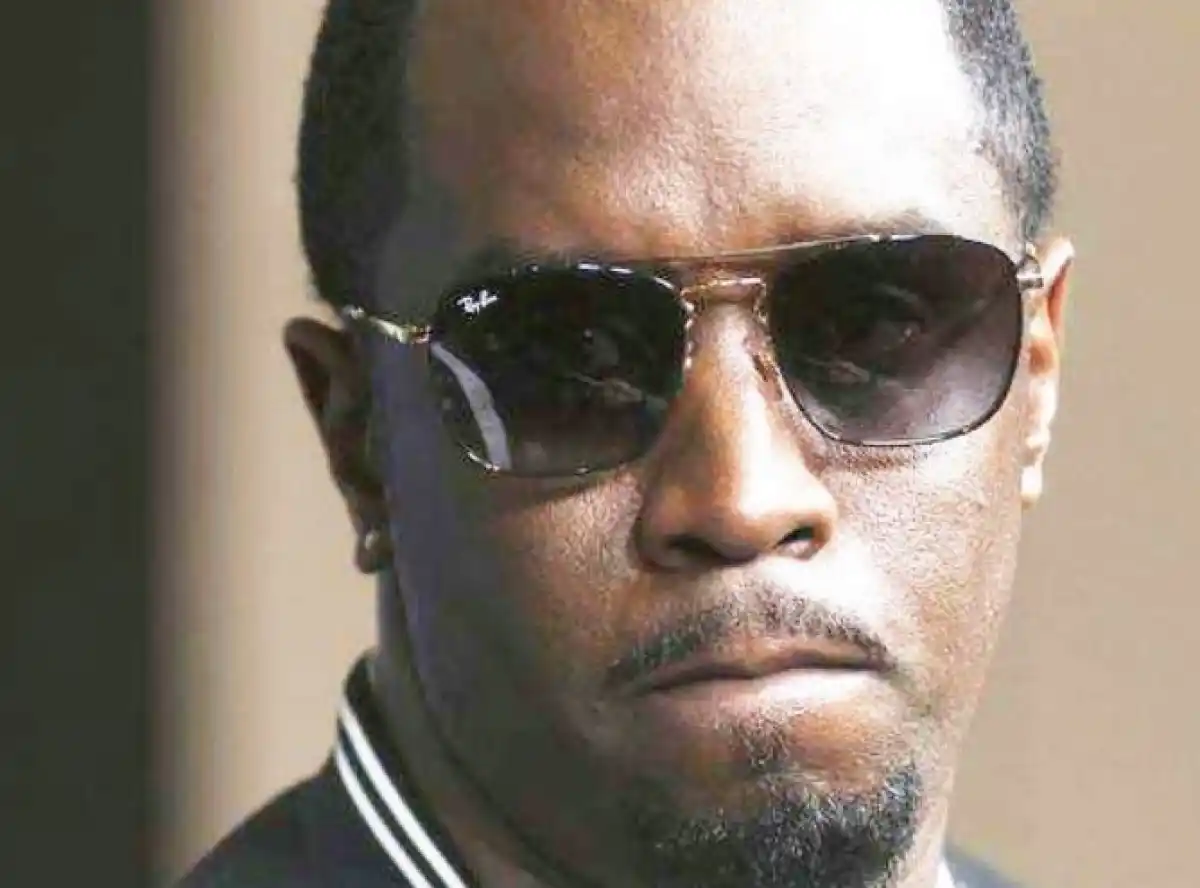
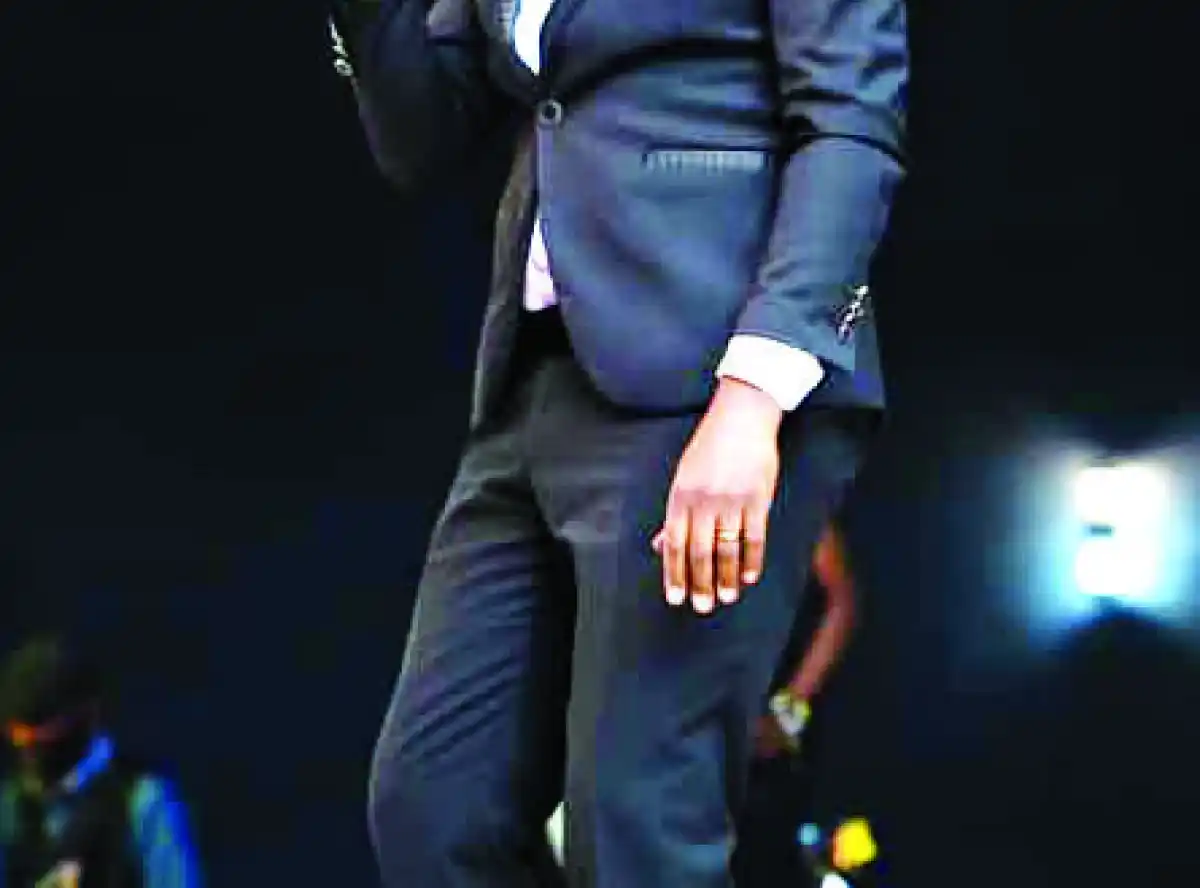
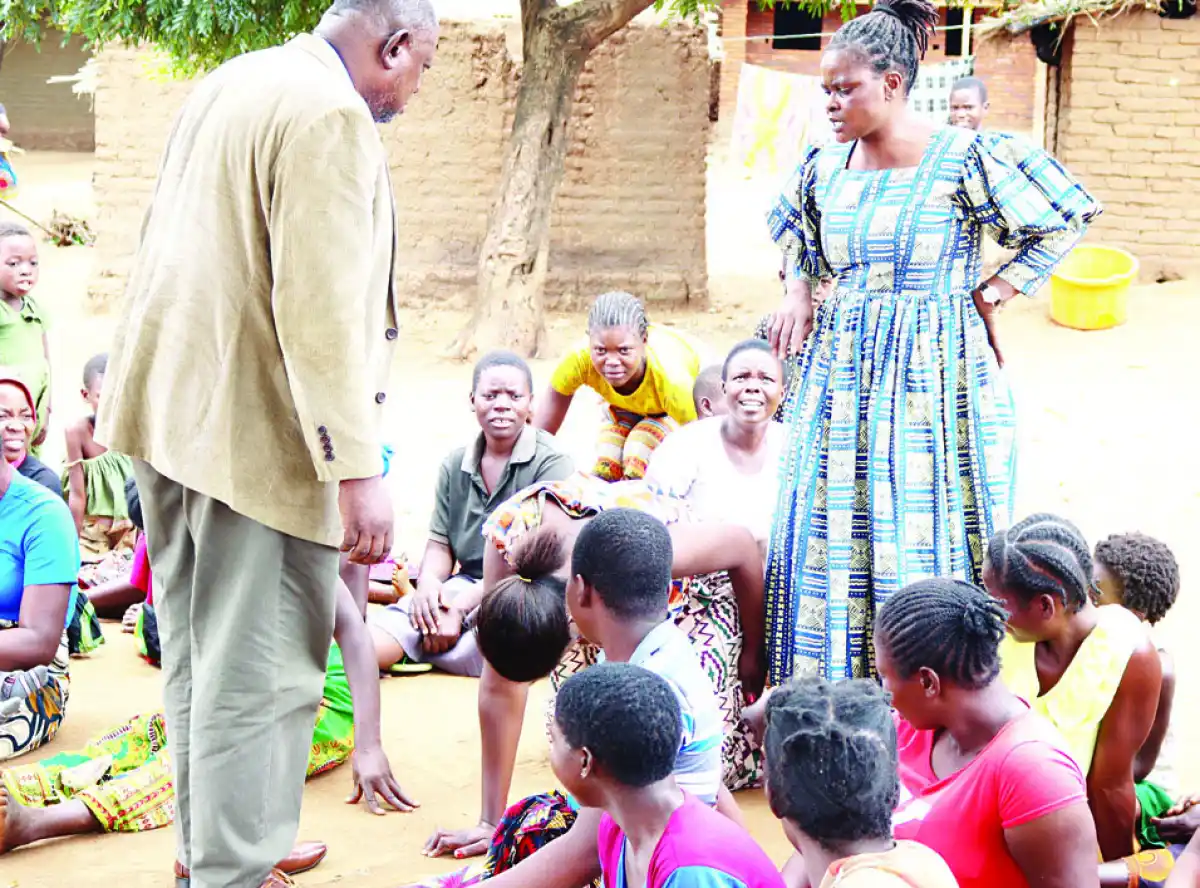
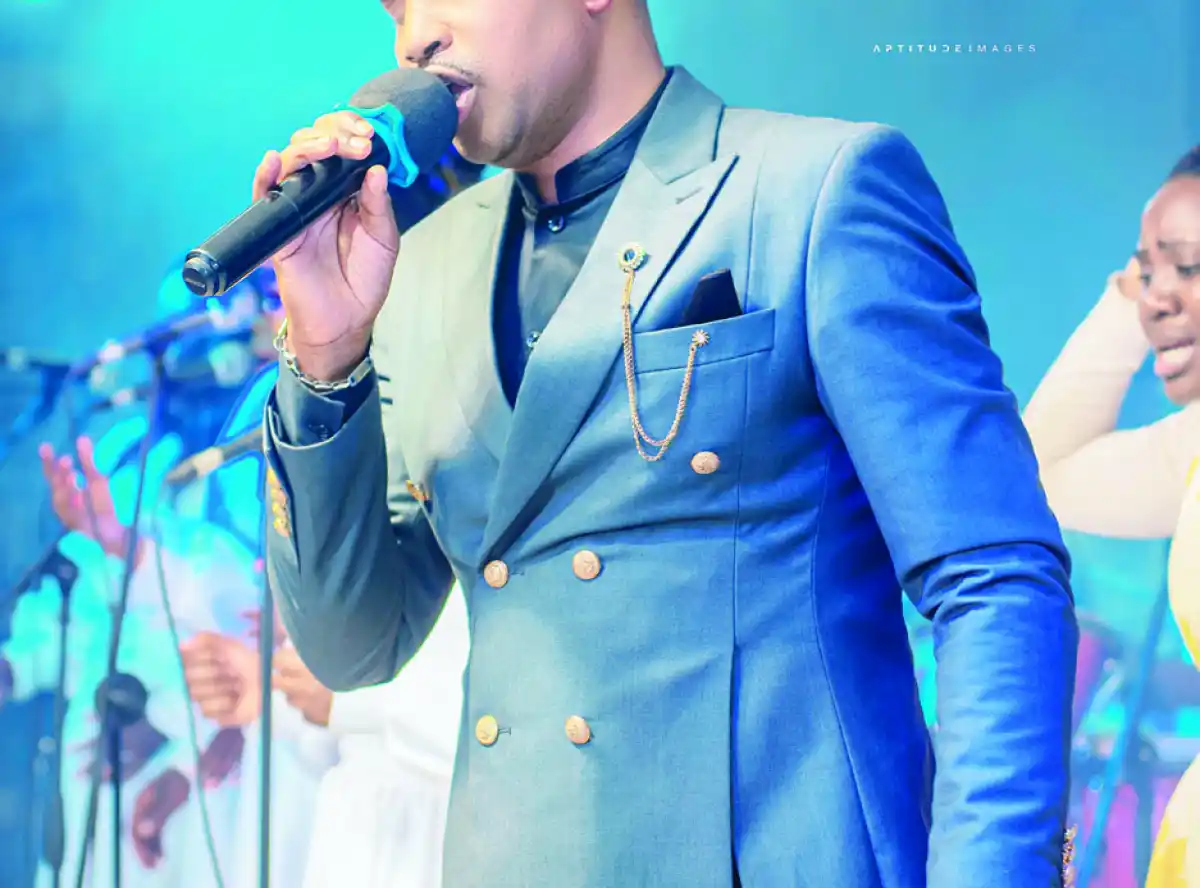
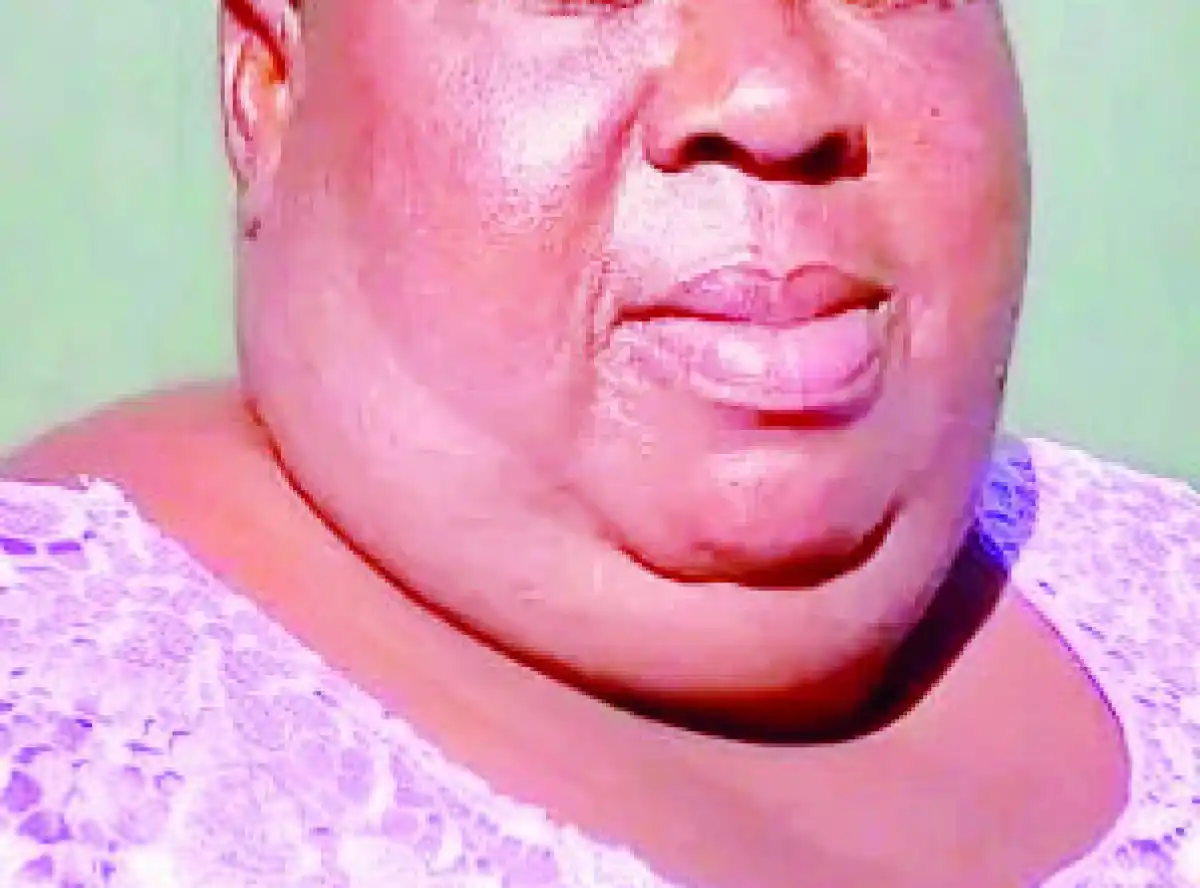
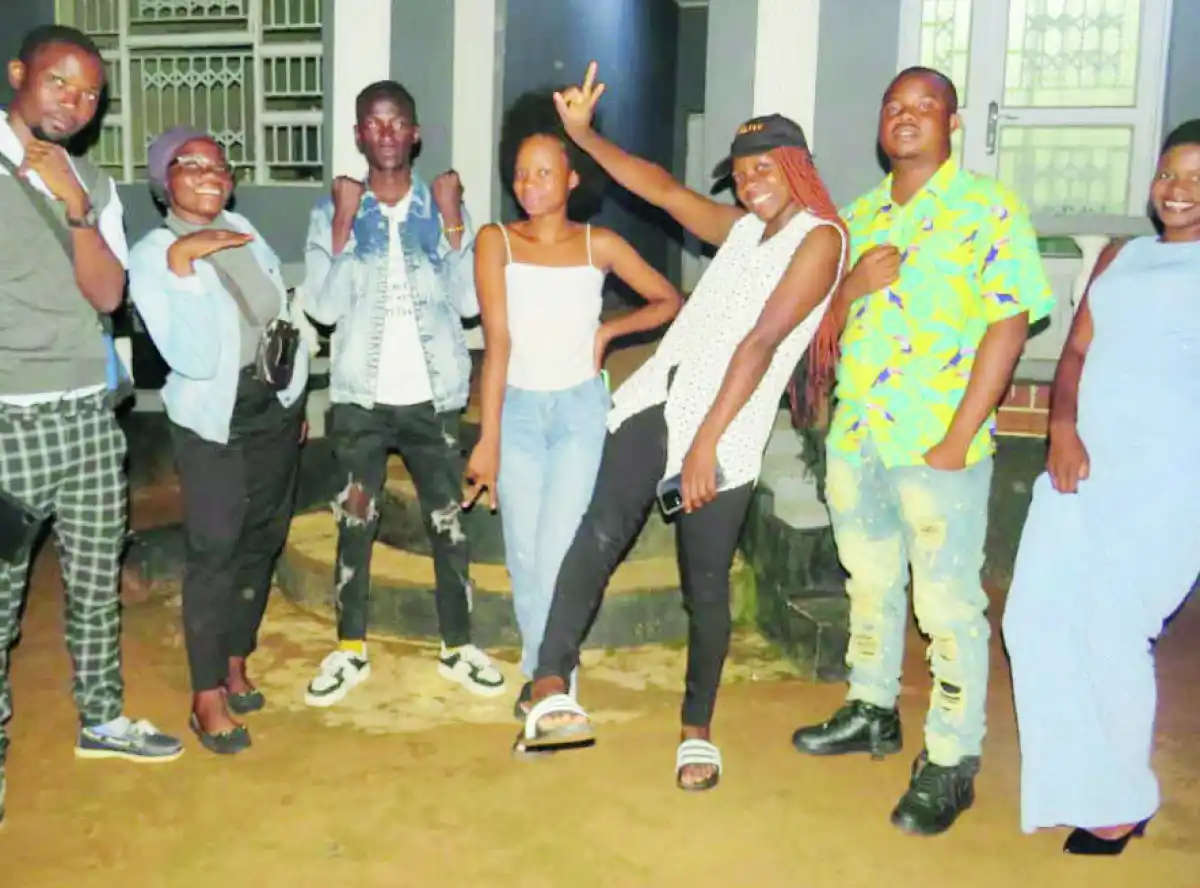
0 Comments